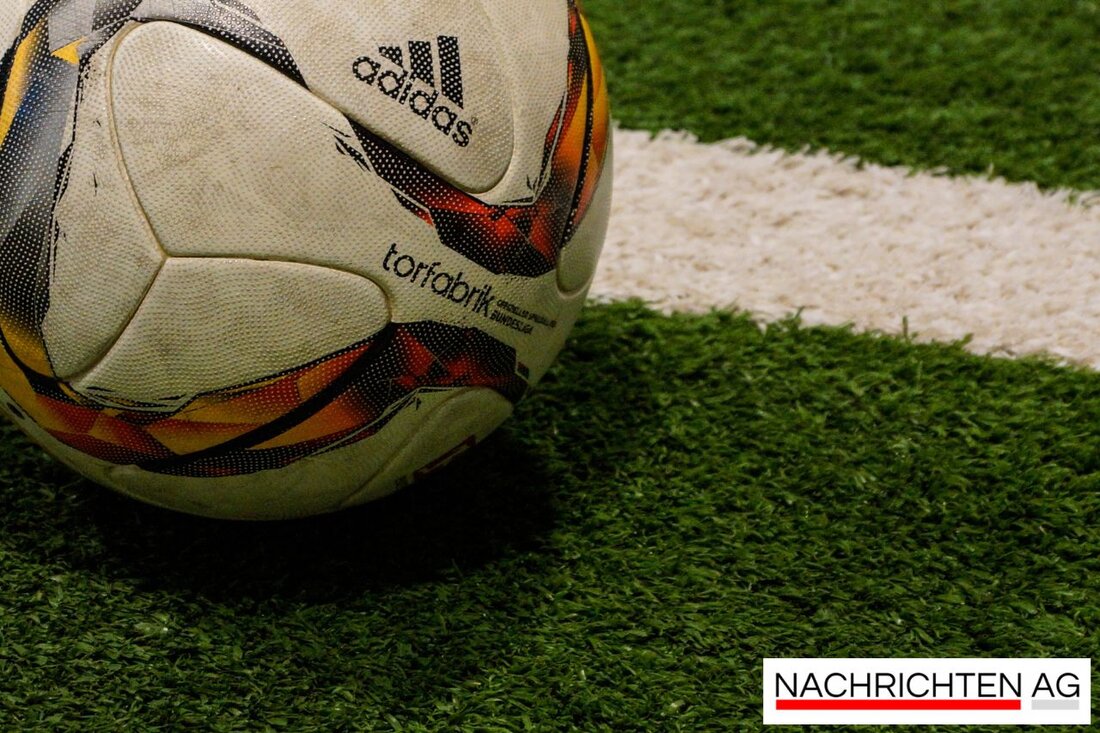About the loss of fairness in football: Jan Lammers warns of dangerous change!
Jan Lammers, former referee from Emden, reflects on fairness in football and the social changes that shape the sport.

About the loss of fairness in football: Jan Lammers warns of dangerous change!
A lot has changed in football in recent years, and this is also reflected in the opinions of former referees. Jan Lammers, once active in Emden, does not give a damn about the development of fairness in football. He highlights that acceptance of referee decisions and understanding between players and officials have noticeably decreased. “Back then, exchanging ideas after the game was a given,” says Lammers, who is pleased to have ended his refereeing career on his own terms, but not because of bad experiences, but because of the high level of effort that refereeing entails NWZonline.
Lammers sees sport as a reflection of society. “What is missing is mutual understanding,” Lammers continued. He has had positive experiences in the semi-professional sector, where hostility is much less common. When he was young, he considered refereeing in the district league, but realized that the way he played the game didn't suit him. In his views he calls for a return to more fairness, both in relation to the referees and the opponents. Other sports could definitely serve as role models here.
What does fair play really mean?
Fair play is a complex term and means much more than just following the rules. It also includes personal values such as self-control and treating opponents with respect. The origin of the term is unclear, but it has developed into a basic moral attitude in modern sports. In a lexicon of ethics in sport, fair play is defined as the effort to ensure equal opportunities and respect for fellow players, which includes both formal, rule-compliant aspects on the one hand, and informal aspects, such as treating each other with respect, on the other. Verbal and non-verbal communication play a crucial role, as does the platform TFV describes.
On the football field, where physical challenges and duels characterize everyday life, maintaining fair play becomes more difficult. The pressure to win often leads to players breaking rules and thus ignoring fairness. Teens often learn that unsportsmanlike behavior can be beneficial to success, which is a worrying development. Aggression against referees is also not uncommon, especially when decisions are made incorrectly.
Fair Play – A problem for society as a whole
But it's not just in sport that there is a need to catch up when it comes to fairness. Social responsibility should not only apply on the pitch, but also outside it. In recent years, awareness of sustainability has increased. Sporting goods are often produced under inhumane conditions, and major sporting events have a high ecological footprint. Here too, there are voices calling for more transparency and responsibility. Events such as the series “Development-related education in Germany” take up this responsibility, which, according to the Institute for European Sports Development and Leisure Research, is also important for other areas. It is not just discussed, but actively encouraged to discuss the social responsibility of sport. Experienced seminar leaders such as Dr. Karen Petry and Nina Seibert participated to shed light on important issues surrounding fairness and responsibility, as described below DSHS Cologne is to be read.
Finally, it remains to be said that the issue of fairness in sport is a reflection of social values and norms. It is time for both athletes and associations to work together on constructive solutions to redefine and focus on fair play.

 Suche
Suche
 Mein Konto
Mein Konto